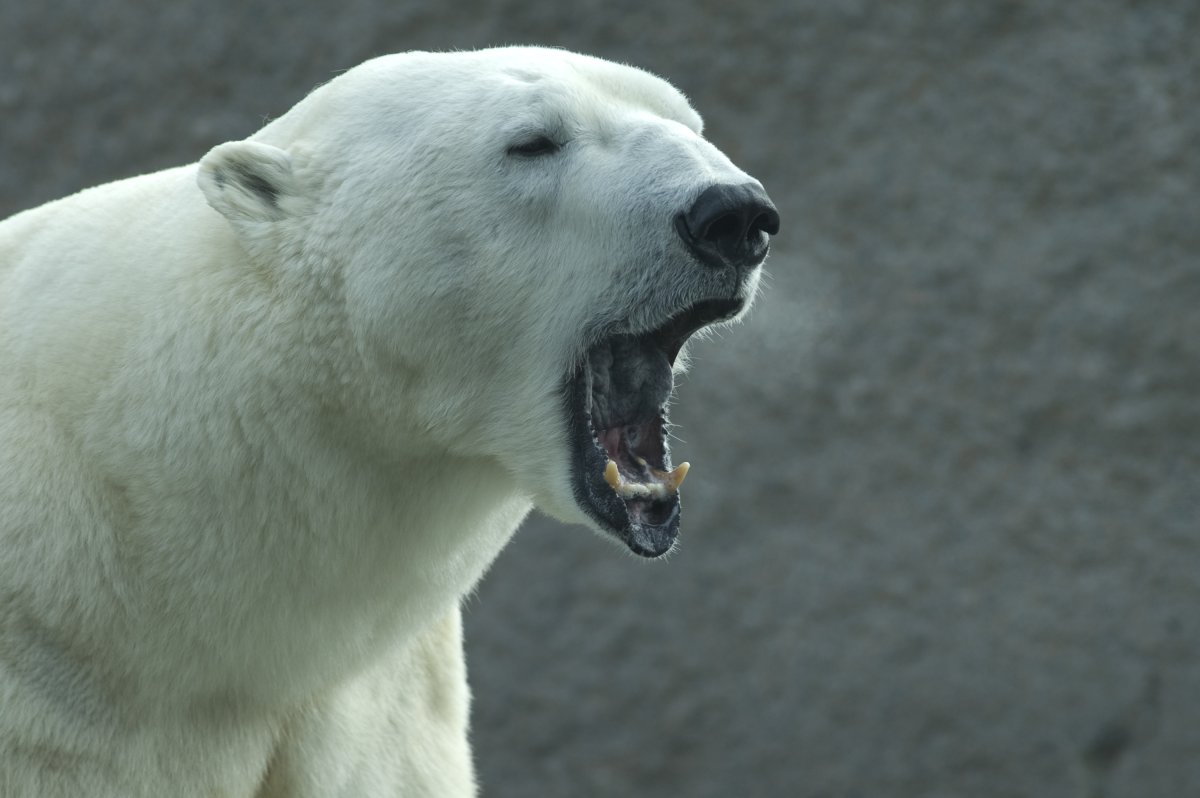Climate change may have been a factor in a recent fatal polar bear attack in Alaska.
Summer Myomick, 24, was walking through a snowstorm on Tuesday with her 1-year-old son, Clyde Ongtowasruk, in the western village of Wales when the polar bear attacked. The incident occurred near a school, Alaska's Department of Public Safety said.
The polar bear reportedly chased multiple residents before killing the mother and child. During the attack, the animal was shot and killed by a resident.
This was the first fatal bear attack to occur in Alaska since 1990. A necropsy of the bear has not yet taken place, but it appears the attack was unprovoked. There could be several reasons for the bear's violent action, according to one expert, and climate change is one of them.

David Meanwell, director of the Bear Conservation nonprofit, told Newsweek: "It is rare for polar bears to attack humans, although anecdotal evidence suggests the frequency is increasing, probably due to increasing human-polar bear interactions."
He continued: "Where attacks take place, they are most commonly made by young and inexperienced bears or by bears that are nearing the end of their life; in other words, by inexperienced bears or desperate bears. In both cases, the usual reason for the attack is predation.
"In short, if this was a young or old bear it could well be that the animal was hungry and the attack predatory," Meanwell said. "That is unusual at this time of year, so if the bear was healthy, it is indeed possible that climate change may have been a factor."
Climate change is increasing the number of polar bear and human confrontations in Arctic communities. This is because the warming temperatures are causing less ice to be formed and fragmenting the polar bears' habitats. As a result, the bears will wander into populated communities more frequently.
This attack was especially rare because it occurred during the winter, when there is typically more ice. During this time of year, polar bears are usually out on the ice, away from people.
Geoff York, senior director of conservation at Polar Bears International and an expert on human-polar bear coexistence, previously told Newsweek: "This was in that window where historically people would feel pretty safe. So clearly as these changes are occurring in the ecosystem and with the sea ice in these regions, it's becoming a lot more dynamic.
"It's definitely consistent with what we expect to see across the Arctic as the ecosystem rapidly changes," York said. "This is a range-wide issue, as we're seeing the Arctic transform and warm at almost degrees faster than the rest of the planet."
Do you have an animal or nature story to share with Newsweek? Do you have a question about polar bears? Let us know via nature@newsweek.com.
Uncommon Knowledge
Newsweek is committed to challenging conventional wisdom and finding connections in the search for common ground.
Newsweek is committed to challenging conventional wisdom and finding connections in the search for common ground.
About the writer
Robyn White is a Newsweek Nature Reporter based in London, UK. Her focus is reporting on wildlife, science and the ... Read more
To read how Newsweek uses AI as a newsroom tool, Click here.








